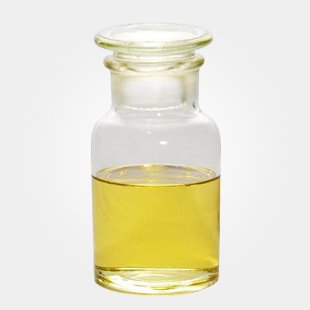Eucalyptol, also known as 1,8-cineole, is a natural compound derived primarily from eucalyptus oil, although it can also be found in various other essential oils, such as rosemary, bay leaves, and tea tree oil. This versatile compound has a wide range of uses due to its aromatic, therapeutic, and antimicrobial properties.
One of the most common applications of eucalyptol is in aromatherapy. Its refreshing and invigorating scent is known to help clear the mind and promote relaxation. It is often used in diffusers or as part of essential oil blends to ease stress, improve mental clarity, and alleviate respiratory congestion. Eucalyptol's ability to open up the airways makes it a popular ingredient in products like cough syrups, chest rubs, and inhalers for relieving symptoms of colds, coughs, and bronchitis.
In addition to its respiratory benefits, eucalyptol also exhibits antimicrobial and anti-inflammatory properties. It is used in oral care products, such as toothpaste and mouthwashes, to help fight bacteria and freshen breath. Its soothing effects on the skin make it a key ingredient in various topical treatments for minor cuts, burns, or muscle pain.
Eucalyptol is also utilized in the food and beverage industry, where it is used as a flavoring agent in products like candies, gum, and beverages. Its strong, minty taste adds a refreshing note to these consumables.
Overall, eucalyptol is a highly valued compound with a diverse array of uses, from enhancing respiratory health to improving personal care products, making it an important element in both wellness and consumer goods industries.







